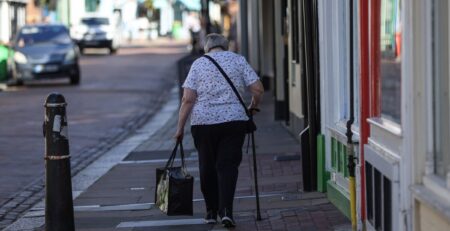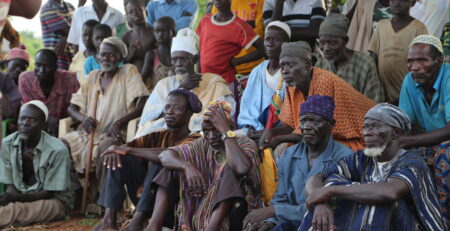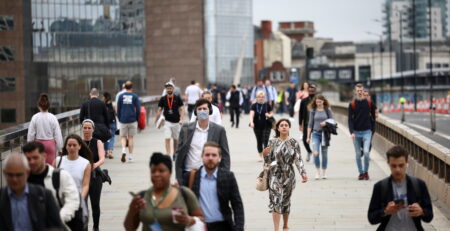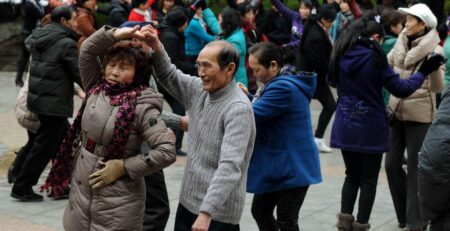In Nagoya, scramble for hospital beds shows coronavirus challenge for aging Japan
Hospitals in Nagoya city in Japan’s industrial heartland have more coronavirus patients than they can treat, forcing transfers to nearby areas and offering a glimpse of the challenges the outbreak poses for a country with a huge elderly population.
Japan has closed schools and canceled public events, which experts say has helped prevent an explosive spread of the virus. But because testing hasn’t been widespread, some medical experts say the extent of infection is understated, and a surge could yet happen.
That would put more of the country under the strain now being felt in Nagoya, and force a nationwide scramble to shift patients, many of them elderly, to hospitals in areas with capacity. “If the numbers rise further, we won’t be able to cope, so we will either have to ask nearby prefectures to help, or tell those with lighter symptoms to stay at home,” a prefecture official in Nagoya told Reuters.
Confirmed coronavirus cases in Nagoya, the capital of Aichi prefecture, totaled 98 as of Sunday, the official said, far exceeding the city’s 27 beds at hospitals that meet conditions for patients with the highly contagious disease. Aichi, home to Toyota Motor Corp <7203.T>, is Japan’s second-hardest hit prefecture, with 121 confirmed coronavirus cases so far. It has a total of 161 beds capable of handling patients with such a disease. Of those, 105 were in use as of Sunday, the official said.
Elderly people are especially vulnerable to serious effects the virus. Japan has the world’s oldest population, with more than 28% aged 65 or over. Italy, which has Europe’s oldest population, is facing growing concerns about the ability of its strained health system to cope with a relentless increase in new cases.
Read more @WHTC










